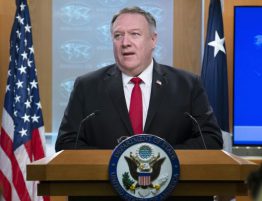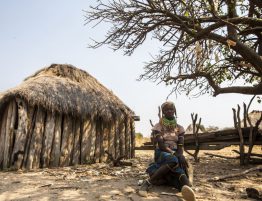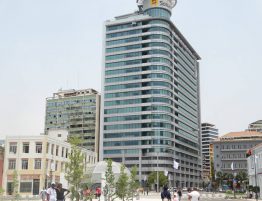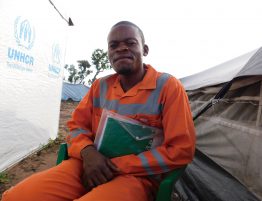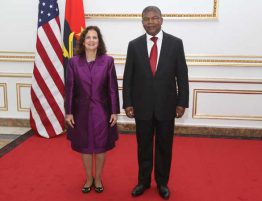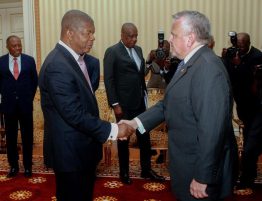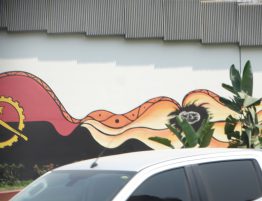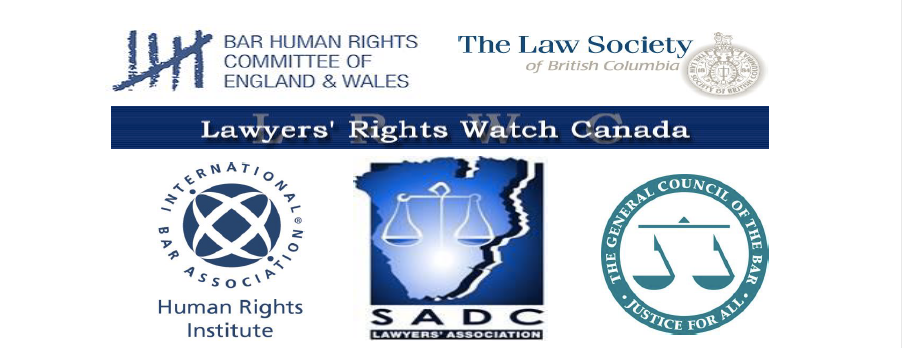
August 3, 2017
The Honorable Robert Gabriel Mugabe
The President of the Democratic Republic of Zimbabwe
Munhumutapa Building
Harare
Re: Concerns over Constitution Amendment Bill (No.1) and judicial independence in Zimbabwe.
Your Excellency,
The undersigned bar associations and organizations concerned with the rule of law respectfully write to note our grave concern over the future of the independence of the judiciary in Zimbabwe. We are a group of independent regional and international bar associations and organizations committed to advancing the rule of law and the independence of the legal profession worldwide. In particular, we are concerned by current attempts to amend the Constitution of Zimbabwe (the Constitution) through Constitution Amendment Bill (No. 1) Bill, 2017 (H.B. 1, 2017) (the Bill) in a manner that will decrease transparency and independence in the selection of judges.
The Bill, particularly Section 6, amends Section 180 of the Constitution and introduces a new appointment process for the Chief Justice, Deputy Chief Justice and Judge President of the High Court. The current process provides for the selection of all judges through a system of public nomination and interviews, conducted by the Judicial Services Commission, after which shortlisted candidates are sent to the President for final selection.1 The Bill seeks to replace this process and instead grant the President the sole discretion to appoint individuals to these three specific offices, which are the highest and most influential positions in the judiciary.2 On July 25, 2017, the Lower House of Parliament passed the Bill. It will next go before the Senate for further scrutiny and, if passed, it will fall to your Excellency to veto or sign it into law. We write to urge you to exercise your veto power to avoid the appearance of a politicized judiciary.
1 Constitution of Zimbabwe, 2013, Section 180(1) read with Section 180(2).
2 Section 6 of the Bill will amend the Constitution such that the position of Chief Justice, Deputy Chief Justice and the Judge President of the High Court will be appointed by the President in mere consultation with the Judicial Service Commission.
Numerous civil society organizations in Zimbabwe, including the Law Society of Zimbabwe, have expressed deep concern3 that this Bill, if passed, will erode the current system for the selection of judges, which is based on the constitutionally enshrined principle of separation of powers4 and is meant to ensure an independent and impartial judicial system.5 An independent judiciary is a vital check and balance in a democratic society and essential to maintaining the rule of law.
Article 14(1) of the International Covenant on Civil and Political Rights and 23 of the African Charter on Human and Peoples’ Rights, which Zimbabwe has ratified, place obligations on all states to ensure courts are independent and impartial. The UN Basic Principles on the Independence of the Judiciary succinctly lay out the requisite independence in the first principle, which reads: “The independence of the judiciary shall be guaranteed by the state and enshrined in the Constitution or the law of the country. It is the duty of all government and other institutions to respect and observe the independence of the judiciary”.6 The African Commission’s Resolution on the Respect and Strengthening on the Independence of the Judiciary, further emphasizes the importance of an independent judiciary and reminds states of their duty to repeal all legislation which is inconsistent with the principles of respect of the independence of the judiciary, especially with regard to the appointment of judges .7 The Principles and Guidelines on the Right to a Fair Trial and Legal Assistance in Africa calls for judicial bodies to be independent from the executive and requires the process for appointment of judges to be transparent and safeguard the independence and impartiality of the judiciary. It encourages the establishment of an independent body for such selection.8
The office of the UN Special Rapporteur on Independence of Judges and Lawyers has stated that judges need to work in an environment, which is conducive to independent decision-making.9 Furthermore, the Committee against Torture, the Human Rights Committee as well as the Special Rapporteur have expressed concerns on several occasions regarding the involvement of the executive in judicial appointments.10 This Bill is thus in conflict with Zimbabwe’s international and regional obligations as a party to the United Nations Charter, the African Charter on Human and People’s Rights as well as several other international instruments and standards which all call for an independent judiciary.
On behalf of the undersigned independent bar associations and organizations, we urge you to veto the Bill should it come before you. We will continue to closely monitor the situation and support efforts to preserve the independence of the judiciary in Zimbabwe.
3 See Law Society Statement on Constitutional Amendment Bill (No. 1) of 2016.
4 Constitution of Zimbabwe, 2013, Section 3(2)(e).
5 The Special Rapporteur on Independence of Judges and Lawyers has concluded that “[t]he separation of power[s] and executive respect for such separation is a sine qua non for an independent and impartial judiciary to function effectively”. Report of Special Rapporteurs on the situation of human rights in Nigeria, UN document E/CN.4/1997/62/ Add.1, para. 71.
6 United Nations Basic Principles on the Independence of the Judiciary, adopted by the Seventh United Nations Congress on the Prevention of Crime and the Treatment of Offenders held at Milan from 26 August to 6 September 1985 and endorsed by General Assembly resolutions 40/32 of 29 November 1985 and 40/146 of 13 December 1985. Hereinafter, UN Basic Principles.
7 Adopted in April 1996 at the 19th Ordinary Session of the African Commission on Human and People’s Rights.
8 Principles and Guidelines on the Right to a Fair Trial and Legal Assistance in Africa, 2003, Principles f, g and h.9 Report of the Special Rapporteur on the independence of judges and lawyers, Leandro Despouy, 11th Session of the Human Rights Council, 24 March 2009, A/HRC/11/41, para 49.
10 Report of the Special Rapporteur on the independence of judges and lawyers – Guarantees of judicial independence / Major developments in international justice, A/HRC/11/41, para 26.
Sincerely,
Bar Human Rights Committee England and Wales
International Bar Association’s Human Rights Institute
Lawyers’ Rights Watch Canada
Law Society of British Columbia
SADC Lawyers’ Association
The Bar Council of England and Wales
cc. United Nations Special Rapporteur on the Independence of Judges and Lawyers, Mr. Diego García-Sayán.

